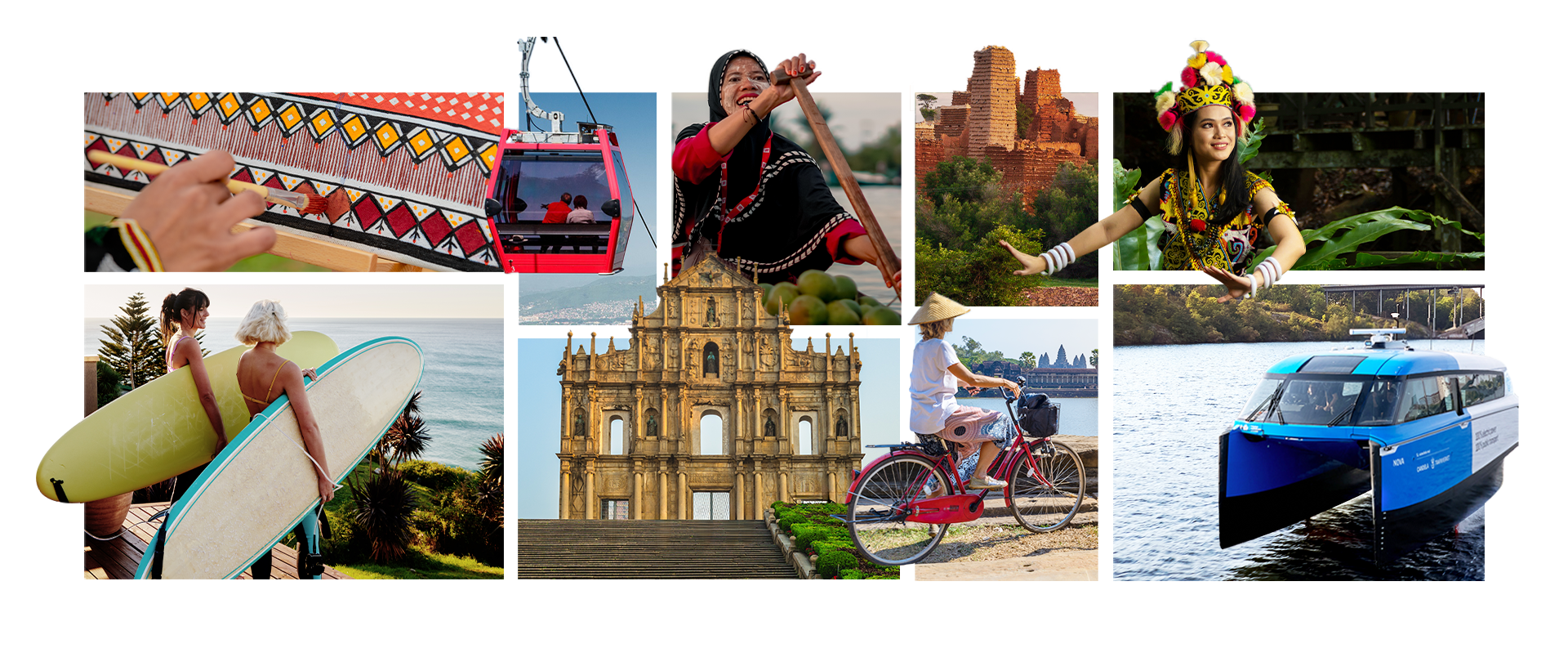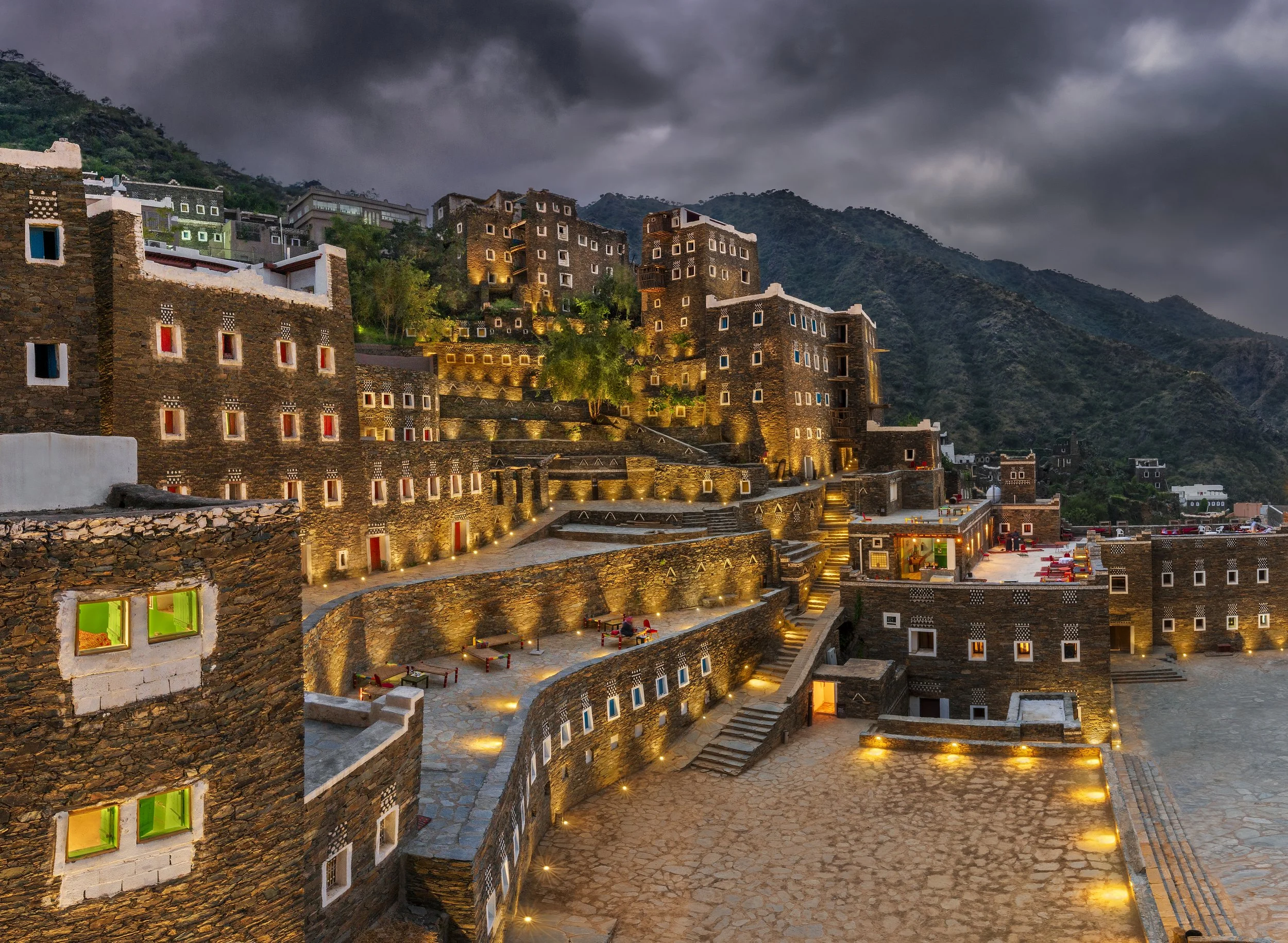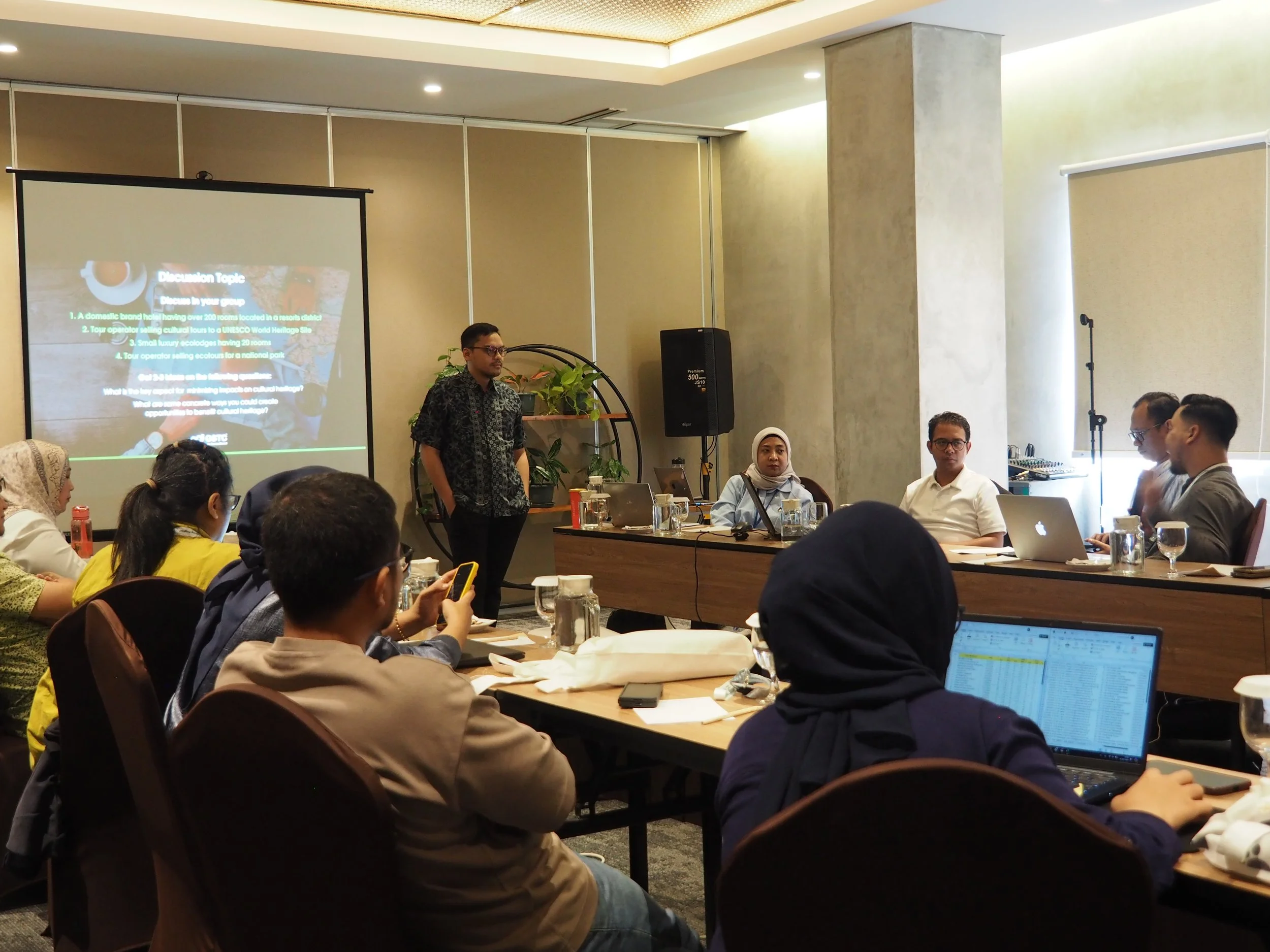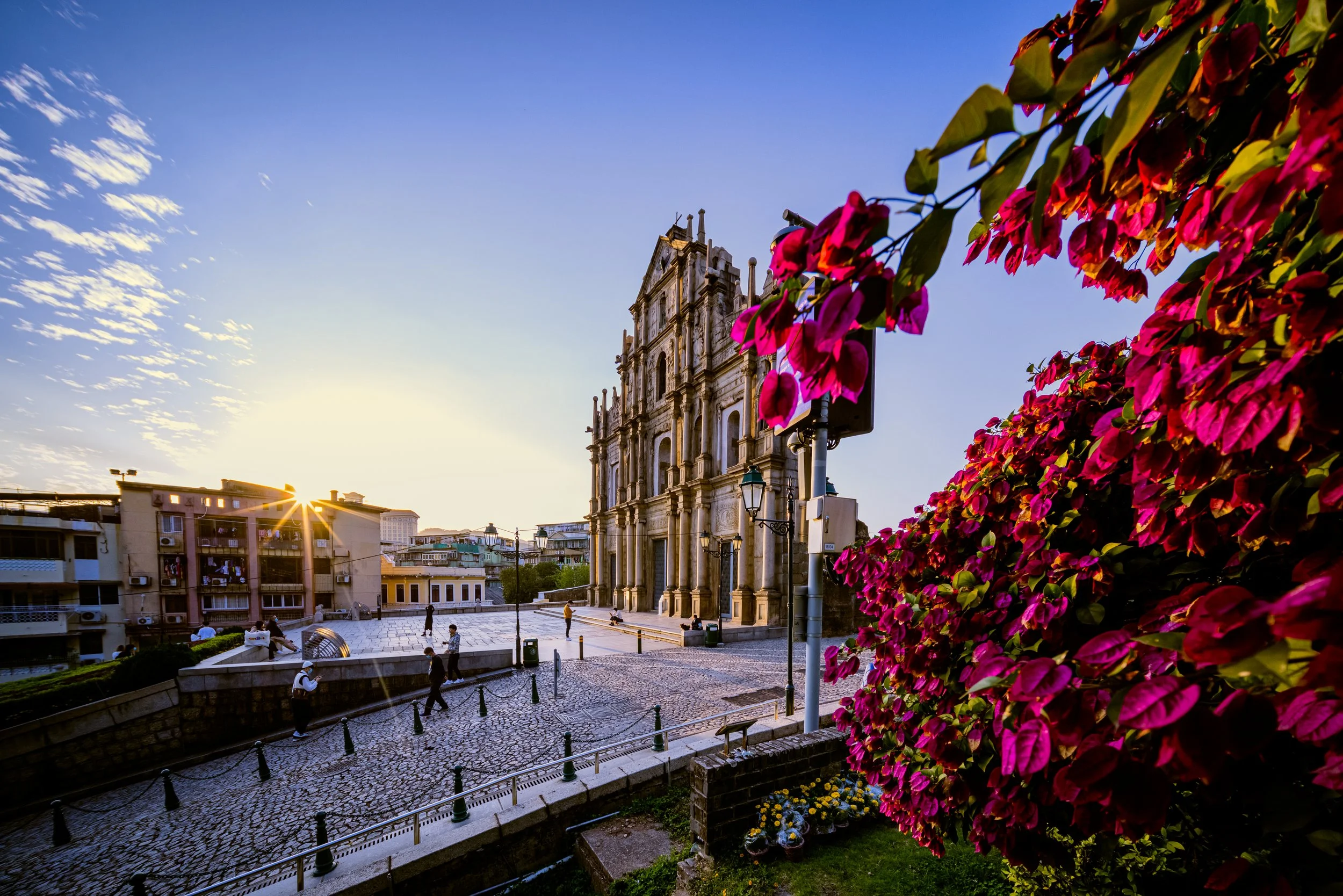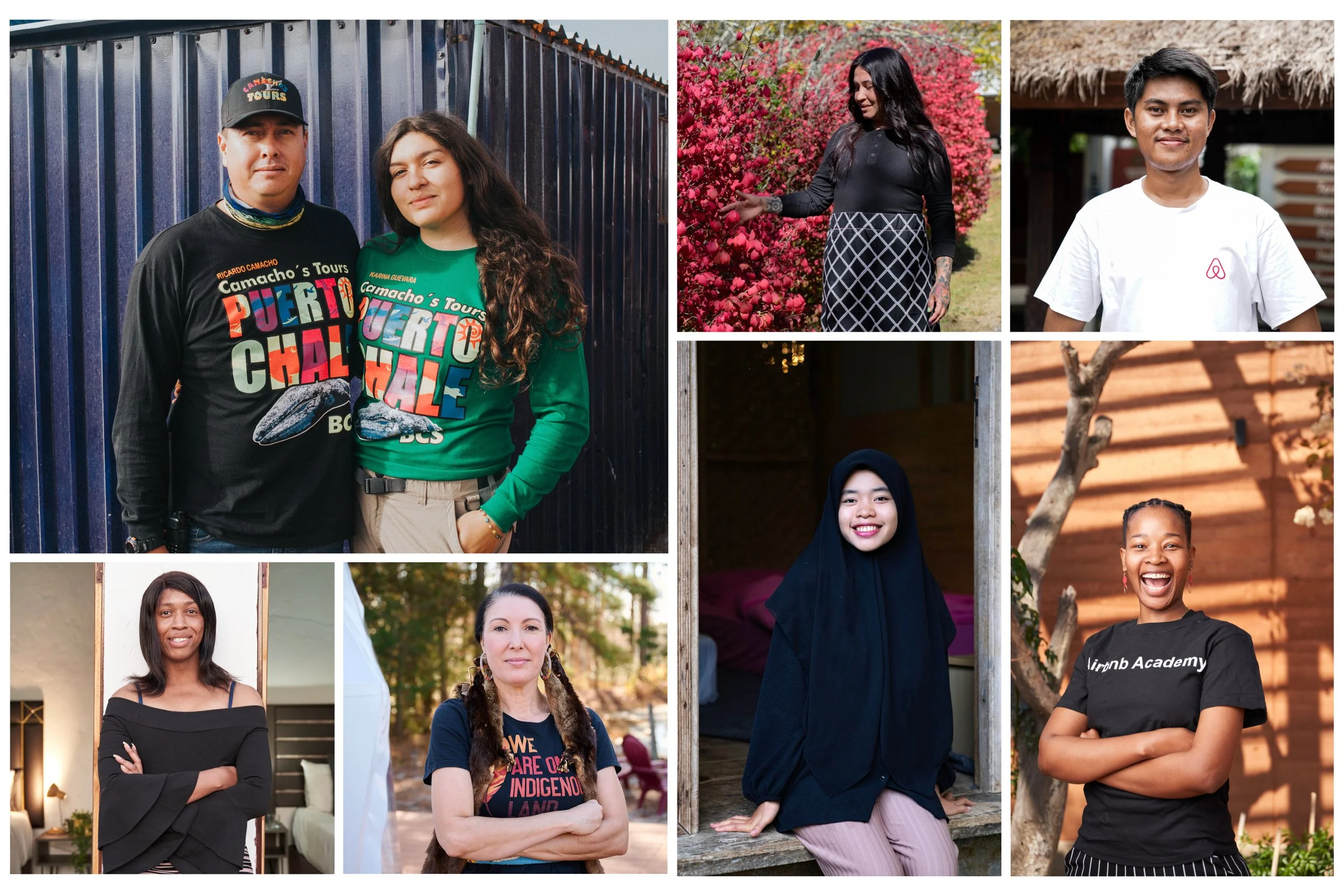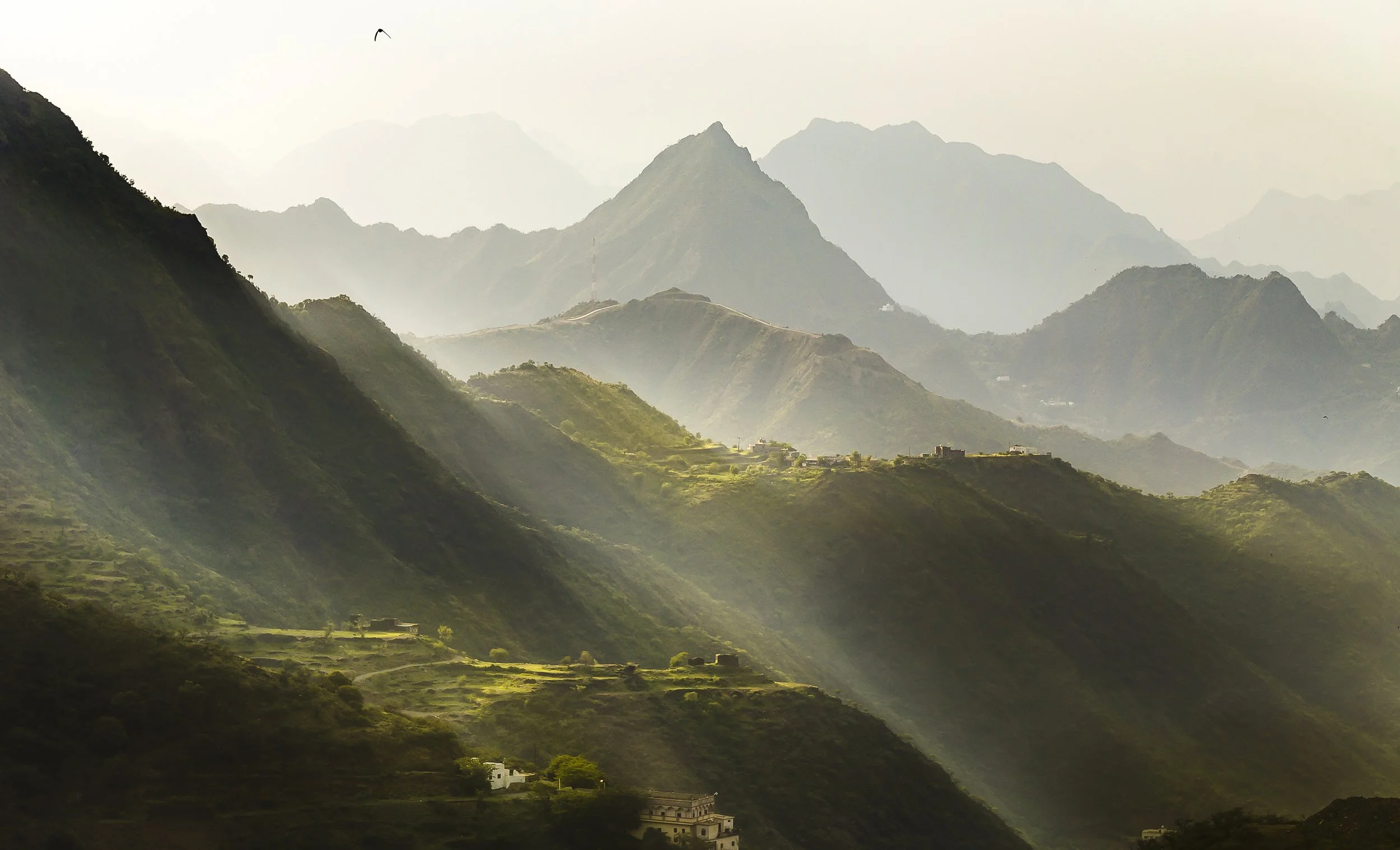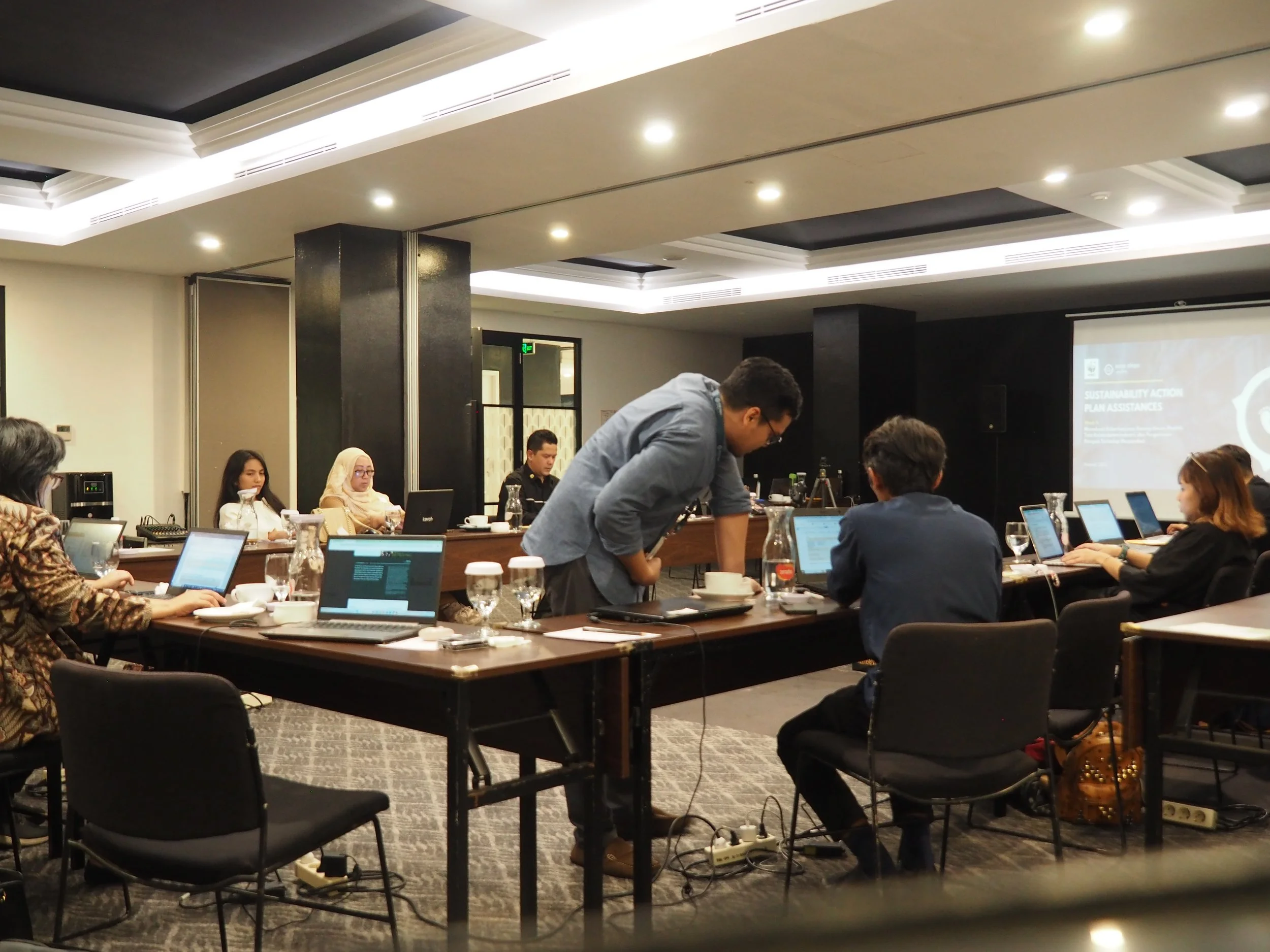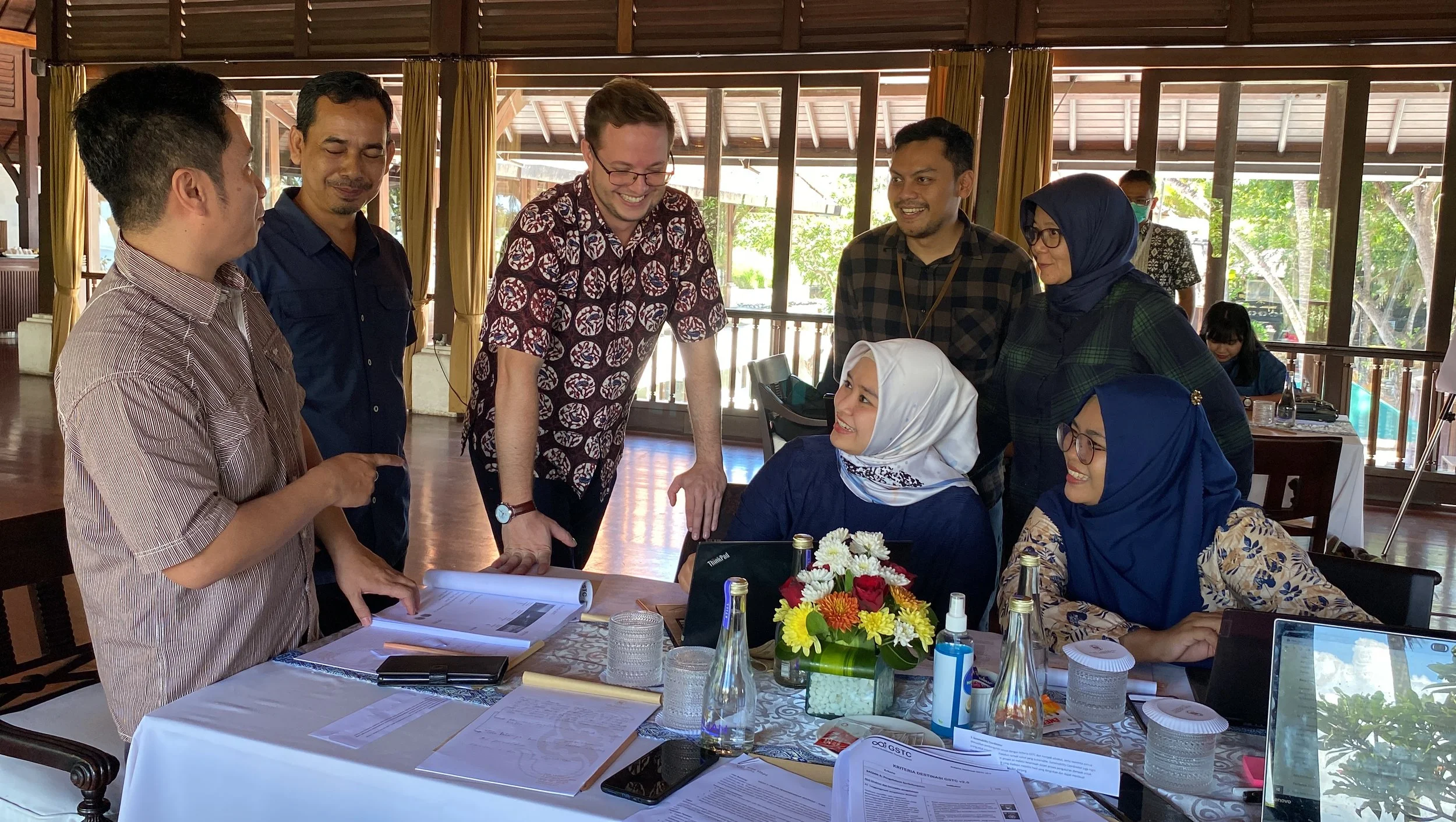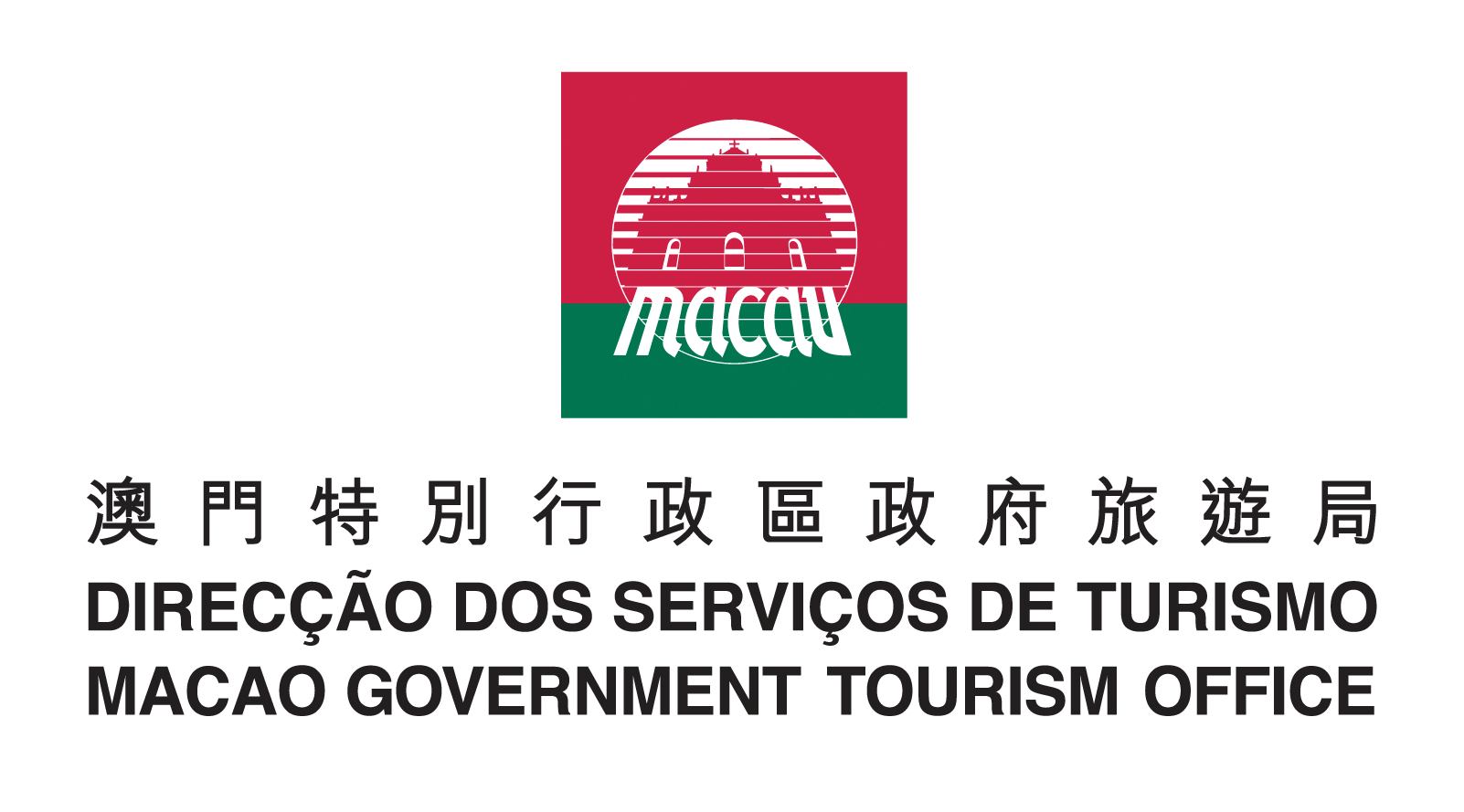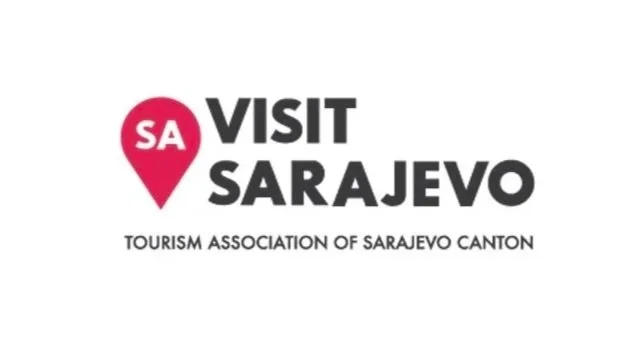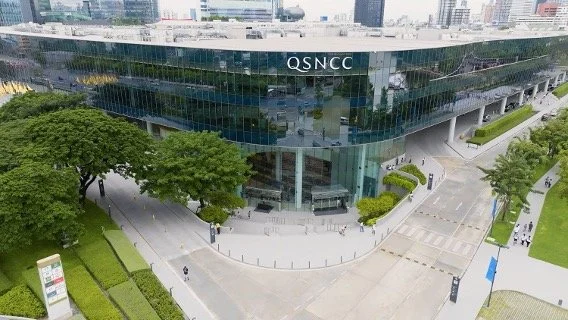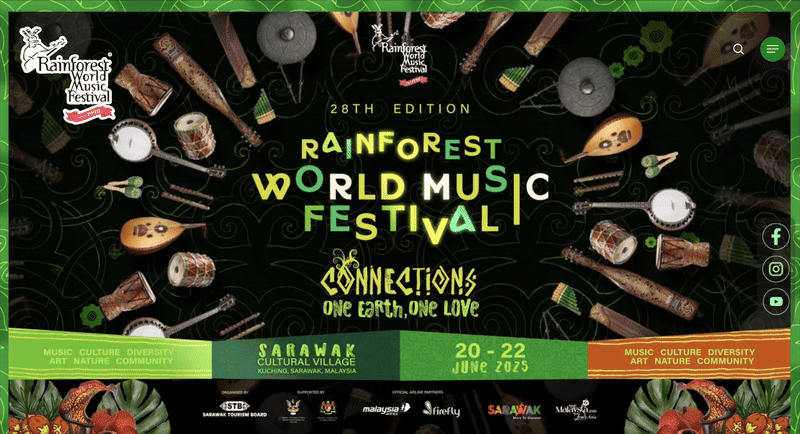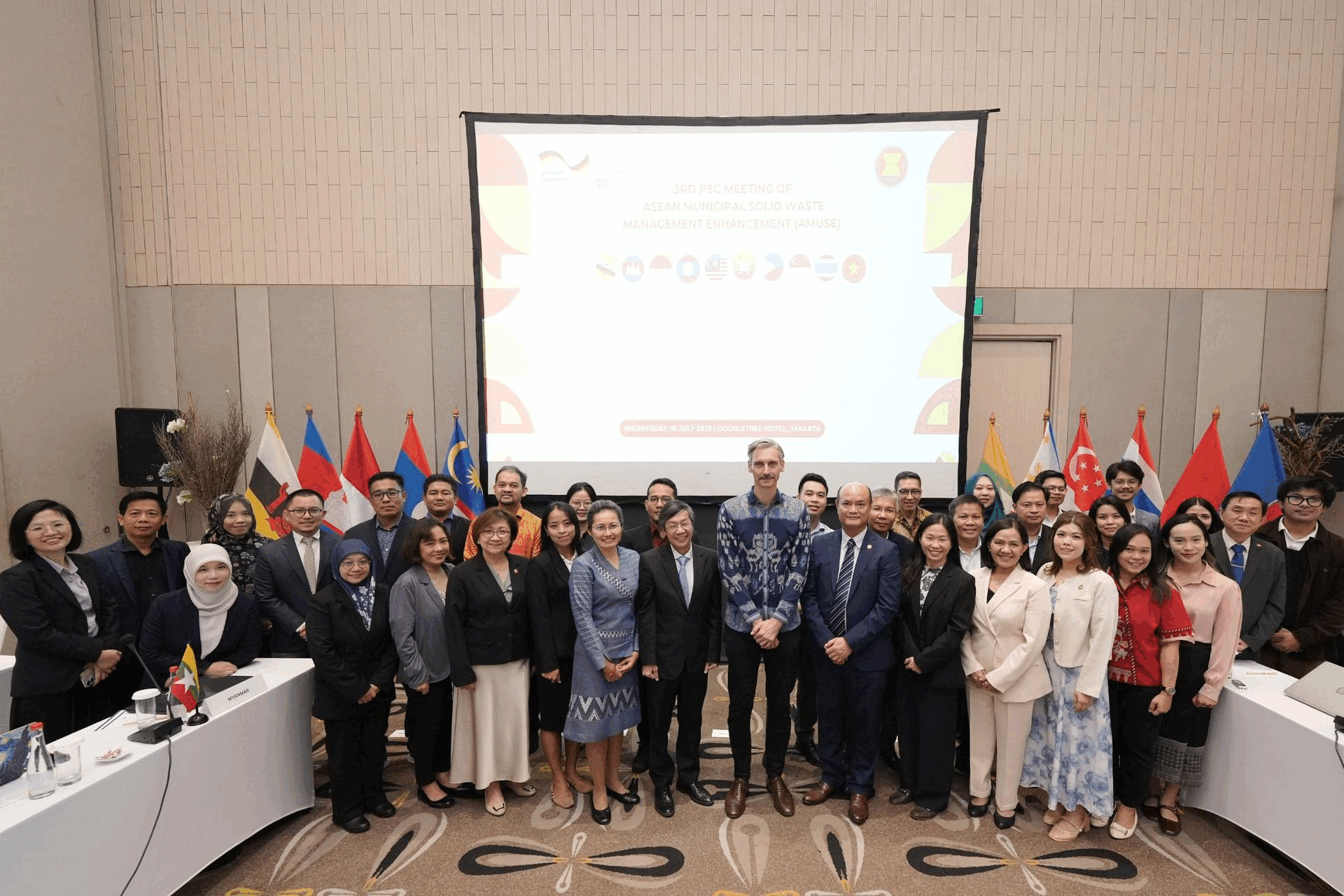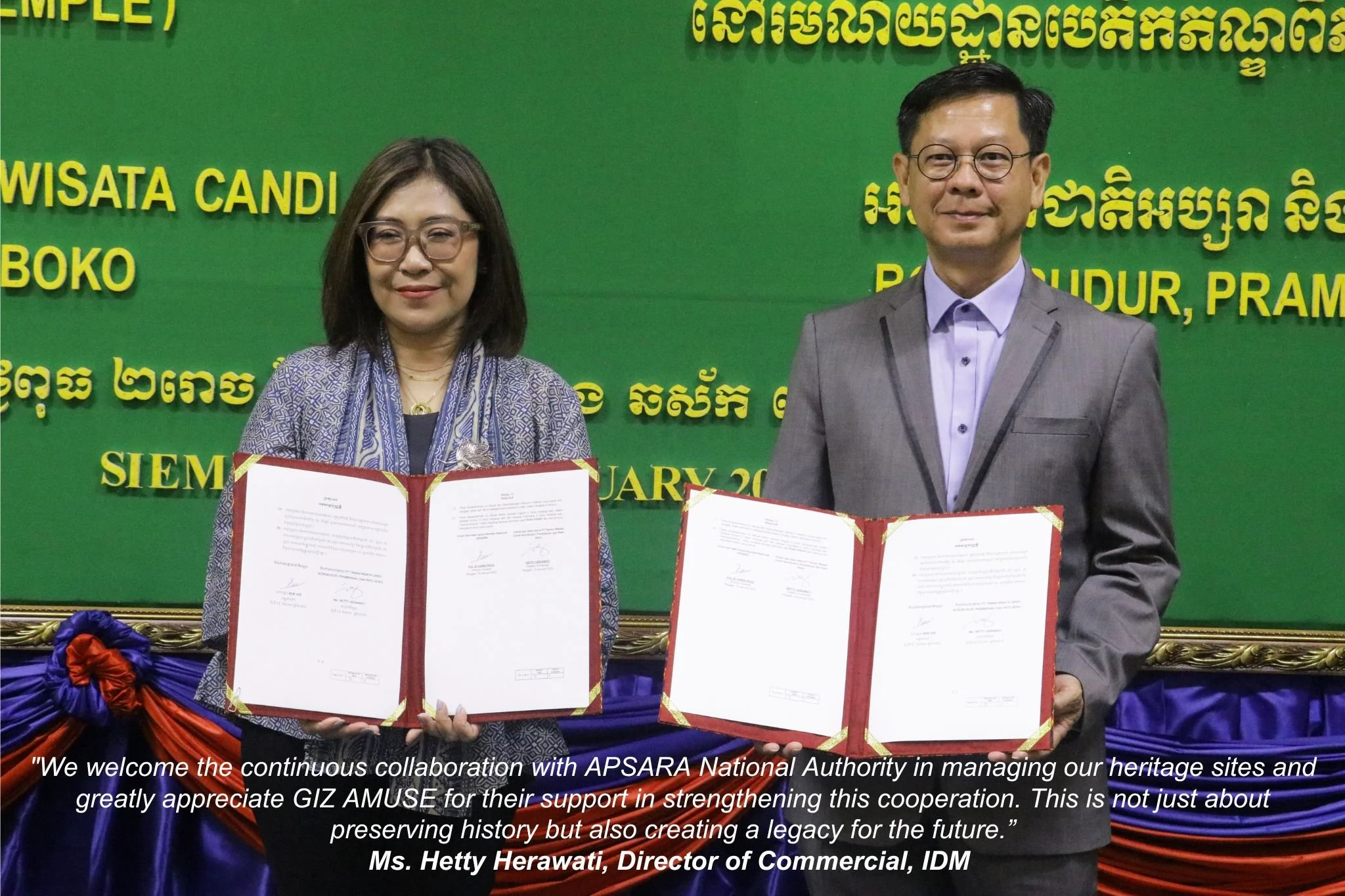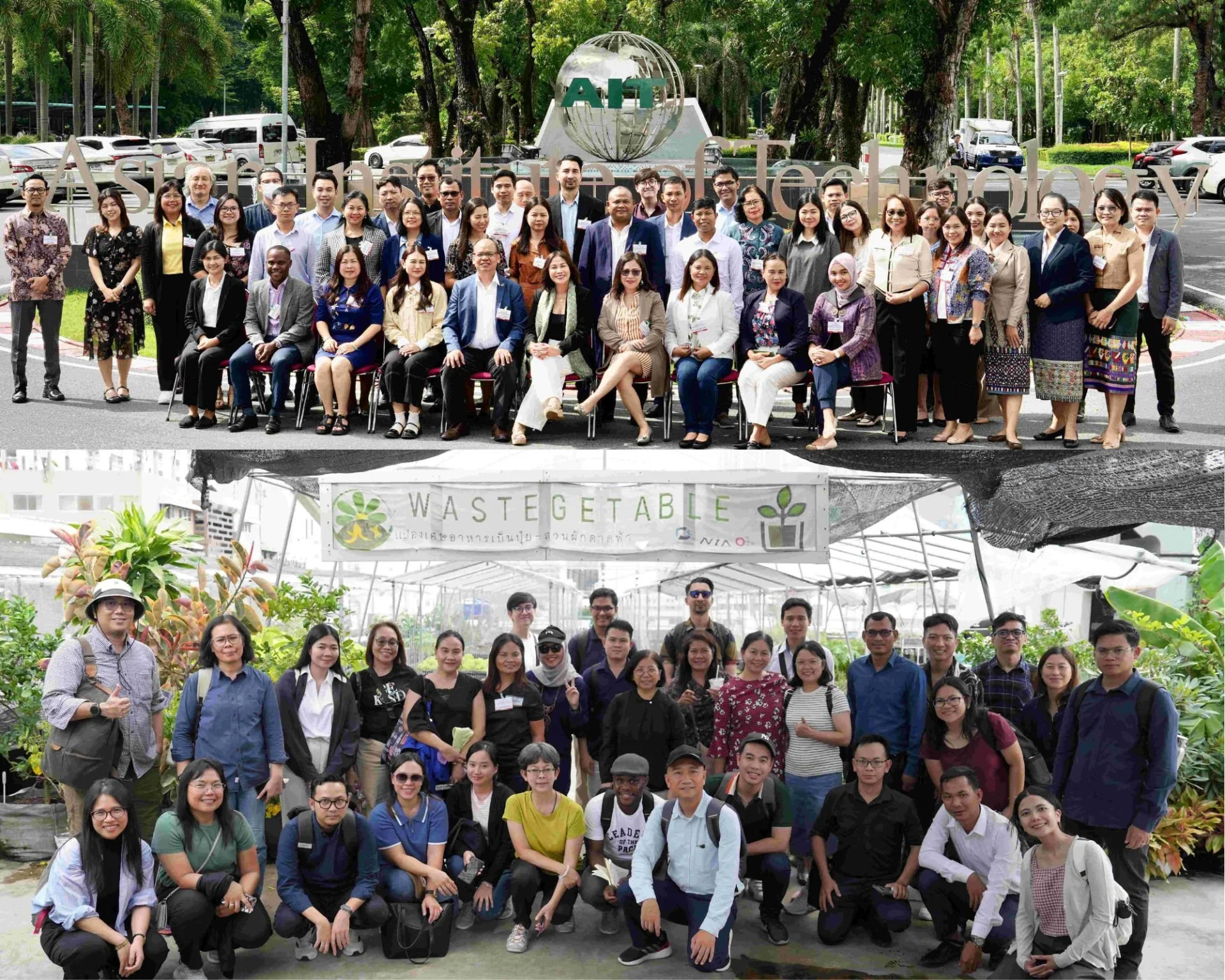
“Tourism and Sustainable Transformation”
is the theme of this year’s World Tourism Day, reminding us that building a better future means changing the way we live, travel, and grow in smarter and fairer ways.
Sustainable transformation stands on four pillars that work together:
💡
Innovation
To bring creative solutions
🌤️
Climate Action
To protect our planet
📚
Education
To empower people to make better choices
⚖️
Governance
To ensure fair and responsible progress management
When these pillars come together, tourism becomes more than just visiting places—it turns into meaningful tourism, where every journey respects local communities, protects culture and nature, and creates authentic connections. This is the essence of sustainable tourism: meeting today’s needs while safeguarding opportunities for the generations to come.
This year, each of these pillars will be highlighted through inspiring initiatives led by public and private organisations across the Asia Pacific region and beyond. From climate action projects that preserve fragile ecosystems to governance models that strengthen cooperation, these examples show how transformation is already taking shape in tourism.
Education
“Training Youth, Raising Awareness, Knowledge-Sharing”
From sharpening the minds of future leaders to equipping stakeholders with the right tools to overcome challenges, education fosters a culture of responsibility that turns awareness into action. It ensures that every individual understands their role in conserving the environment and upholding local cultures, ultimately driving longterm transformation.
Airbnb: Capacity Building & Digital Skilling
Airbnb Entrepreneurship Academy
UNESCO and Airbnb Partnership in Bali
“Education is one of the main cornerstones of our work at Airbnb.
In 2017, we launched the Airbnb Entrepreneurship Academy, a program where we partner with local organisations around the world to develop tailored programs that help participants learn how to become tourism entrepreneurs. In total, we have partnered with over 50 organisations, hosted more than 100 Academies, and helped more than 4,500 participants in 12 countries around the world.
Accompanying that is a suite of tools and resources equipping hosts and guests with tips and guidance from cultural heritage to summer safety, helping power the kind of travel that communities need most.
And we’re only just getting started. We believe tourism should be a force for good, and aim to continue expanding the program to help communities around the world benefit from it.”
Stay Summer Safe campaign in Australia
– Mich Goh, Director of Public Policy, Asia Pacific, Airbnb
Aseer Region Development Authority:
Targeted Training & Strengthening Awareness
“At ASDA, sustainability is at the heart of our mission to drive responsible tourism in Aseer. Through targeted training programs for our teams and partners across the tourism sector, we have built the capacity to adopt practical green initiatives and embed them into daily operations. These programs cover areas such as energy efficiency, waste reduction, and eco-friendly hospitality standards, ensuring that sustainability is not just a concept but a daily practice.
By aligning education with action, ASDA has positioned Aseer as the first region in Saudi Arabia to implement sustainable tourism initiatives, creating a model for others to follow. Our approach empowers local businesses, strengthens community awareness, and inspires visitors to become part of the solution. As we look ahead to World Tourism Day, we remain committed to advancing responsible tourism, fostering meaningful collaborations, and contributing to the region’s long-term growth and resilience.”
Al-Qatt Al-Aseeri
Rijal Heritage Village
– Hatim Al-Harbi, Chief Of Tourism Sector (DMMO), Aseer Region Development Authority
Wise Steps Group: Hands-on Training for Quality Tourism
“Using the power of responsible tourism to transform the industry, the traveler’s mind, and local livelihoods, Wise Steps enhances local capacity through hands-on training and education, collaborating with government, communities, industry, and academia. Our programs focus on sustainability, quality tourism, and the circular economy. We are turning ideas into practical action.
We authored the BGCE (Blue-Green-Circular Economy) in Tourism guidance and run workshops with universities and training institutes. In partnership with InJourney, the biggest Tourism Ecosystem State-owned enterprise in Asia, we design community-focused capacity programs that reach hundreds of practitioners and local leaders. By combining engaging classroom sessions, games, discussions, and co-created action plans and case studies, we make learning translate into measurable and sustained outcomes for communities.”
– Mochamad Nalendra, CEO & Founder, Wise Steps Consulting
Visa: Grassroot Training for Wholistic Transformation
Throughout 2022-2023, PATA and Visa partnered to create the “Informal Workers Programme” and the “Finance and Digital Skills Workshops for Tourism SMEs“ to support the sustainable transformation in tourism through education.
The Informal Workers Programme was implemented in Bali and Jakarta, Indonesia, in collaboration with Wise Steps Consulting. A total of 502 tourism informal workers received hands-on training on digital marketing and mobile photography, cross-cultural communication, financial management, digital payment methods, and health and hygiene in food handling. The programme ensures the recovery and resilience of micro businesses post-pandemic through new knowledge and skills.
The Finance and Digital Skills Workshops for Tourism SMEs, conducted in the Philippines, Cambodia, Vietnam, and Indonesia, were designed to improve financial management and digital literacy in tourism businesses. The trainings supported SMEs by equipping them with skillsets essential to thrive in a fast-changing and increasingly digitalised world. This training is also available online, free of charge >
Innovation
“Digital Solutions, New Business Models, Eco-Startups”
Innovation is the engine of sustainable transformation, providing the tools and technologies necessary to strengthen sustainability and resilience. Today, innovative solutions must go beyond short-term fixes and instead aim to redefine how tourism operates. This involves embracing forward-thinking concepts and supporting new approaches that enhance efficiency and reduce environmental impact.
Candela: Hydrofoil Technology for Sustainable Marine Tourism
Candela P-12, the world’s first long-range high-speed electric commuter vessel
“At Candela, our purpose is clear: to speed up the transition to fossil fuel-free lakes and oceans. We are pioneering high-speed, zero-emission electric hydrofoiling boats and ferries that prove sustainable travel on water can be both efficient and enjoyable.
Our hydrofoil technology reduces energy consumption by up to 80% compared to conventional vessels, making long-range electric journeys viable for the first time. By eliminating noise, wake, and exhaust fumes, Candela vessels protect fragile marine ecosystems while creating cleaner, quieter waterways for communities and tourists .
For the tourism sector, this transformation is especially powerful. Visitors can experience pristine natural environments without contributing to their degradation, while operators gain a competitive edge through innovation and sustainability. (Read Candela’s Whitepaper for Phuket’s Intergration Project >)
Ultimately, Candela is more than a boat builder. We are shaping a new standard for waterborne mobility, showing how technology can drive systemic change and ensure tourism supports, rather than threatens, our planet.”
– Marcel Fuhrer, APAC Business Development Manager, Candela
Thailand Convention & Exhibition Bureau (TCEB): Carbon Management for Eco-conscious Event Planning
Real-Time Carbon Footprint Tracking Dashboard
“Thailand Convention and Exhibition Bureau (TCEB) is accelerating the country’s sustainable transformation in the MICE industry through a groundbreaking innovation: the Real-Time Carbon Emission Platform. Developed by AltoTech Global under TCEB’s MICE Winnovation program, this smart dashboard empowers event organizers to monitor carbon emissions from energy, food, packaging, and travel instantly. Piloted at the Queen Sirikit National Convention Center (QSNCC) and Bangkok International Trade & Exhibition Centre (BITEC), the platform marks a leap toward data-driven, eco-conscious event planning. The collected data provides insights that allow organizers to analyze, plan, and manage emissions with precision, marking a significant milestone towards achieving Carbon Neutral Events.
TCEB MICE Winnovation: Introducing Innovation for Sustainable Events
TRAFS-Asean Retail-Pub Bar
TCEB also complements this initiative with a Basic Carbon Avoidance Calculator for Events and carbon footprint calculator application, helping organizers estimate and reduce emissions. By championing real-time tracking, actionable insights and measurable results, TCEB is not just supporting events — it’s shaping a credible future for MICE industry where innovation is instrumental in achieving environmental responsibility. (Learn more about TCEB’s MICE Winnovation program >)”
– Supawan Teerarat, President, Thailand Convention and Exhibition Bureau
Climate Action
“Renewable Energy, Resilience Projects, Approach”
By transforming tourism operations and embracing greener practices — from cutting carbon emissions and reducing plastic waste to safeguarding ecosystems — climate action paves the way for healthier environments where communities and tourism can thrive together.
Macao Government Tourism Office (MGTO):
Industry Master Plan for Low Carbon Tourism
“MGTO reaffirms our city’s commitment to climate action by launching a series of initiatives, aligning with China’s goals of peaking carbon emissions by 2030 and achieving near-zero emissions in key sectors like electricity and land transport by 2050.
Serving as a blueprint for sustainable tourism development, the Macao Tourism Industry Development Master Plan, published in 2017 and reviewed in 2021 and 2025, integrates the UN’s Sustainable Development Goals, uniting public and private sectors to build a low-carbon destination and promote sustainable living.
Initiatives such as the Macao Green Hotel Award, launched in 2007, have been key to promote measures like carbon reduction, energy and water conservation, waste minimization, and pollution control across the industry. When hosting major events, we also offset emissions by purchasing carbon credits from Verified Carbon Standard (VCS) projects.
Moving forward, Macao will advance low-carbon tourism, enhance green infrastructure, and embed sustainable practices, ensuring a tourism-friendly, eco-conscious city for global visitors while safeguarding our planet.”
– Maria Helena de Senna Fernandes, Director, Macao Government Tourism Office
Tourist Board of Sarajevo Canton:
Sustainable Mobility, Green Partnerships, Awareness & Education
“The Tourist Board of Sarajevo Canton recognizes that tourism must actively contribute to environmental protection and climate action. Our approach is based on three pillars:
Sustainable Mobility – We encourage visitors to use public transport, walking tours, and cycling routes, while also promoting eco-friendly transfer services to reduce carbon emissions.
Green Partnerships – We work closely with local stakeholders to support eco-certified accommodations, responsible tour operators, and community projects that preserve Sarajevo’s natural and cultural heritage.
Awareness & Education – Through campaigns and events, we inform both visitors and residents about responsible tourism practices, waste reduction, and energy efficiency.
Our long-term vision is to position Sarajevo as a climate-conscious destination, where every guest experience aligns with principles of sustainability, care for nature, and respect for future generations.”
Risklayer: Risk Analytics for Climate Resilience
Hotel Resilient Hazard Map
Risklayer Explorer
At Risklayer, our approach to climate action is grounded in science and focused on impact. We saw a gap: while climate risk data is abundant, practitioners were lacking the knowledge and tools to implement climate actions. Our mission is to transform analytics into actionable insights that empower businesses and communities to strengthen resilience. We begin with the tourism sector, where climate change and disasters pose increasing risks. We work with destinations, hotels, and tour operators to identify vulnerabilities and integrate risk reduction into operations and planning.
Tourism Resilience Dashboard
Through analytical dashboards, resilience assessments and training, we transform complex climate information into clear, practical strategies. Our Risklayer Explorer offers global disaster and climate risk analytics, while our Hotel Resilient platform offers practical tools for hoteliers and tour operators to implement resilience solutions. For us, climate action means more than reducing emissions. It’s about building adaptive systems that allow tourism and communities to thrive despite disruption, fostering a future that is safer, more sustainable, and resilient to climate change.
– Dr. Trevor Girard, Chief Resilience Officer, Risklayer
QSNCC: Renewable Energy & Waste Management
At Queen Sirikit National Convention Center (QSNCC), our approach to climate action is guided by the belief that real change requires long-term planning and concrete action. We integrate sustainability into our operations through initiatives such as solar rooftop systems to advance renewable energy, food waste disposers that convert waste into organic matter for community fertilizer production, and a circular economy model where we repurchase local produce for use at QSNCC. We also collaborate with government, private, and non-profit partners on waste management to significantly reduce landfill contributions.
To engage our customers, we pioneered Thailand’s first Real-Time Carbon Footprint Tracking Dashboard, enabling event organizers to measure, reduce, and offset emissions. More than actions, we see ourselves as a driving force in shaping a new normal, where climate responsibility is embedded in the MICE industry, and we are committed to being a catalyst for change towards a sustainable future.
Governance
“Challenges, Achievements, Strategies”
Through fair policies, transparent leadership, and strong cooperation between governments, businesses, and communities, strong governance provides the necessary structure to realise the full potential of sustainable transformation. It guides decisions, balances growth with responsibility, and ensures that transformation benefits both people and the planet.
Sarawak Tourism Board: Balanced, Inclusive Growth through Governance
“As the largest state in Malaysia, situated on Borneo — the world’s third-largest island — governance in Sarawak means making sure growth is balanced with inclusivity, so that rural communities are not sidelined in our tourism development. Post-COVID, we took the opportunity to reset, reframe, and reposition the destination with the “Gateway to Borneo” campaign, focusing strongly on community-based tourism and being the custodian of our beautiful nature and our assets– culture, adventure, nature, food, and festival.
To ensure that our community is empowered and equipped with the capability to engage globally and promote and market themselves, we developed our EDGE strategy, where we elevate our community, diversify our market, focus on the growth of our market, and, without a doubt, empower our community.
At Sarawak, we are proud to empower our youths, our future leaders, such as through the Rainforest Youth Summit (RAYS) event, where the youths’ voices are amplified through the Government’s and our initiatives.
Looking ahead, our strategy is to continue to improve our resilience, preparing stakeholders to face global uncertainties through technology and international collaborations for building knowledge and practical skills.”
– Sharzede Datu Haji Salleh Askor, CEO, Sarawak Tourism Board
Sustainable transformation is strongest where pillars reinforce one another.
Check out case studies that bridge multiple approaches for meaningful change down below.👇
EarthCheck: Governance as Structure, Education as Tools
“At Earthcheck, we are helping destinations transform by embedding strong governance frameworks and investing in education that empowers action. These two areas are fundamental to driving elastic, science-based change to businesses and destinations alike.
Governance is at the heart of our destination certification programme, which has a structured governance framework that integrates sustainability into decision-making across all departments. Certification requires year-on-year improvement, which ensures that our improvements don’t just achieve benchmarks, but they continue to build resilience, reduce emissions, and support community well-being. (Read Moreton Bay, Australia’s holistic approach to attaining Sustainable Destinations Silver Certification >)
EarthCheck Sustainable Destination Certification Levels
For advanced destinations, governance is about ensuring alignment across complex systems, while setting new benchmarks that others can follow. As destinations mature in their sustainability journey, governance also evolves. It moves beyond just establishing framework to embedding sustainability into every policy, to investment and to innovation decisions. (Read how Copenhagen is taking destination sustainability to another level >)
Education creates a shared language and understanding to empower stakeholders at all levels to know the role that they play in sustainable transformation. Investing in education and capacity building scales local improvements to international leadership. Destinations will not only meet global climate sustainability targets, but also inspire others along the way.
Together, they create a culture of accountability and progress, where transformation is possible at every stage.”
– Dr. Natasha Montesalvo, Principal Consultant – Destinations, Strategy & Insights, EarthCheck
GIZ: ASEAN Municipal Solid Waste Management Enhancement Project (AMUSE)
“At AMUSE, we work with our partners at the regional, national, and municipal levels to enhance their capacities and enable them to apply more sustainable and circular economy-oriented tourism. We conduct direct consultancy at the regional level, where we connect and support the exchange of stakeholders, and we organise cross-sectoral dialogues where those stakeholders can exchange their experiences and learn from each other's needs. Our job is to improve the cooperation between the public and private sectors, and also between the tourism and waste management sectors.
The 3rd Project Steering Committee Meeting of the AMUSE Project in Jakarta, with representatives from all 10 ASEAN Member States, the ASEAN Secretariat, the German Embassy, and GIZ.
We also work a lot with tourism associations to facilitate the cooperation between the management organisations, for example, APSARA in Siem Reap which manages the Angkor National Park and IDM in Chokchakata, Indonesia, which manages the Borobudur National Park. We facilitated the exchange between those associations in the area of sustainable tourism and waste management through organising site visits for peer-to-peer learning between those organisations and their stakeholders, and the signing of MOUs. (AMUSE Factsheet >)
MOU Signing between APSARA National Authority and InJourney Destination Management (IDM) on "Sustainable and Environmental Tourism Management at UNESCO World Heritage Sites"
We educate on topics relevant to waste management and sustainable tourism, such as the reduction of single-use plastic, food waste, awareness raising and behaviour change, and, of course, enhancing private sector engagement and applying the ASEAN standards for tourism.
Training Workshop on Waste Management in ASEAN Cities
In AMUSE’s focus countries, we have pilot sites where we are applying this framework at a very practical level with very tangible results. In the Angkor National Park, we have implemented awareness-raising campaigns about the reduction of single-use plastic.
This was then supported by a very concrete initiative to replace single-use plastic bottles with water dispensers that have been installed at several places in the area. In other destinations, like Dalat, Vietnam, we have been working with women's groups to help improve waste management, specifically gender sensitive waste management, and food waste. These then led to the improvement of cleanliness in the city area, ultimately to the increased tourism satisfaction. ” (Learn more about how AMUSE supports small and medium-sized cities to improve environmental quality by optimising waste systems >)
– Phong Giang, Advisor for ASEAN Regional Project, GIZ/AMUSE
Check out why “Tourism and Sustainable Tourism” was chosen as this year’s theme >
If you would like to join forces with PATA toward sustainable transformation in tourism, please reach out to us via Communications@PATA.org.
This campaign is created by PATA Marketing Associates- Yasser Mouhti, Jiwon Kim, and Hailey Wong; supported by Pavnesh Kumar, Director - Project Management, Alice Gong, Manager - Marketing, and Prapimchun Soonthornpanich, Executive - Communications.

